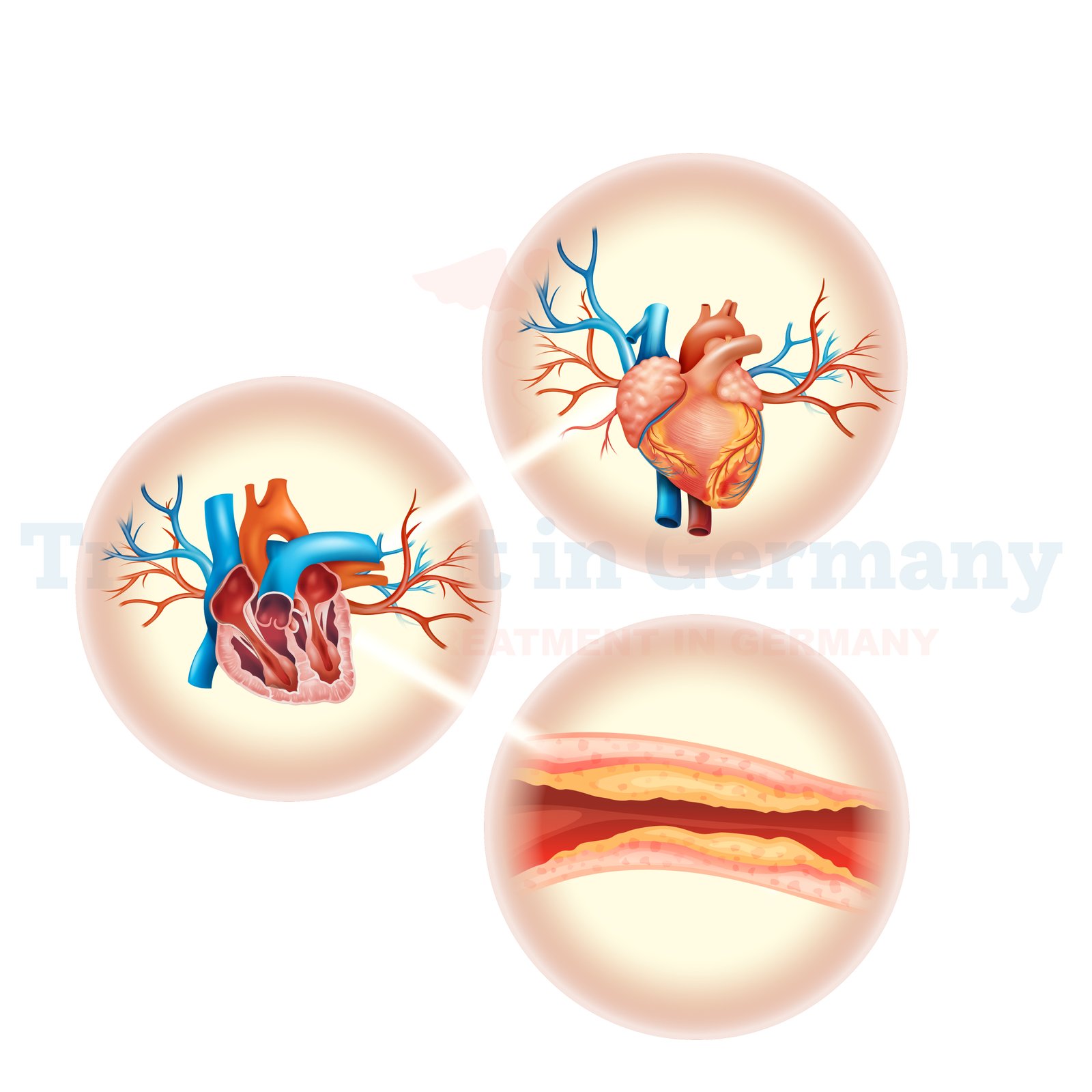What is Ischemic Heart Disease:
Ischemic Heart Disease occurs when the arteries supplying blood to the heart become narrowed or blocked by plaque buildup. This restricts the flow of oxygen-rich blood to the heart muscle, leading to various complications, including chest pain (angina), heart attack, and even heart failure if left untreated.
Side effects of Ischemic Heart Disease:
The effects of Ischemic Heart Disease can be debilitating and impact a patient's quality of life significantly. Common symptoms include chest pain or discomfort, shortness of breath, fatigue, palpitations, and dizziness. In severe cases, individuals may experience a heart attack, characterized by intense chest pain, sweating, nausea, and pain radiating to the arm, neck, jaw, or back.
How is Ischemic Heart Disease diagnosed:
Diagnosing Ischemic Heart Disease typically involves a combination of medical history evaluation, physical examination, and diagnostic tests. Common tests may include electrocardiogram (ECG/EKG), stress tests, echocardiogram, coronary angiography, and cardiac CT or MRI scans. These tests help healthcare providers assess the extent of coronary artery blockages and determine the most suitable treatment approach.
Potential treatments of Ischemic Heart Disease:
Treatment strategies for Ischemic Heart Disease aim to relieve symptoms, improve heart function, and reduce the risk of complications. In Germany, patients have access to a range of advanced treatment options, including:
1. Lifestyle modifications: Adopting a heart-healthy lifestyle is essential in managing Ischemic Heart Disease. This may include regular exercise, a balanced diet low in saturated fats and cholesterol, smoking cessation, weight management, and stress reduction techniques.
2. Medications: Various medications may be prescribed to manage symptoms and reduce the risk of complications. These may include antiplatelet drugs, beta-blockers, ACE inhibitors, statins, nitroglycerin, and blood thinners, among others.
3. Revascularization procedures: In cases where medication and lifestyle changes are insufficient, revascularization procedures such as angioplasty and stent placement or coronary artery bypass surgery may be recommended. These interventions help restore blood flow to the heart muscle by opening blocked or narrowed arteries.
4. Cardiac rehabilitation: Following treatment, cardiac rehabilitation programs can help patients recover, improve cardiovascular health, and reduce the risk of future heart problems through supervised exercise, education, and counseling.
👉 Contact us for further information and receive a complimentary consultation.


.webp)
 (1).webp)

.webp)
 (1).webp)


.webp)
 (1).webp)

.webp)
 (1).webp)
